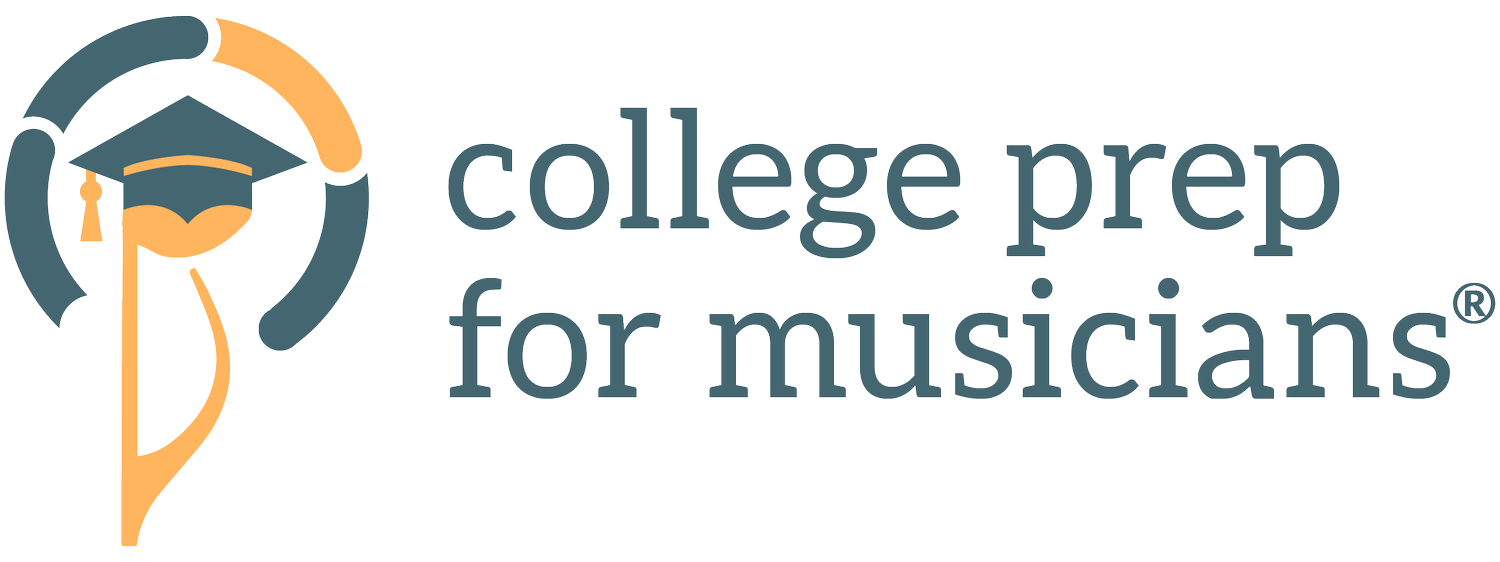6 Expert Tips You Need to Remember When Applying to Music School
Many parents don’t know how to handle hearing their child say, “I want to major in Music!” When this happens, the most common questions I get from parents are: Where do I start finding out about music colleges? Will my child be able to make a living? Do they need a backup plan and a double major? Here are some tips for any student or parent no matter where they are in the college search and admission process.
1. Music majors open many doors
Majoring in Music can lead to many careers. My absolute favorite thing to tell students and parents is to use the word “music” as an adjective in front of different career paths. There are suddenly hundreds of options: music education, music performance, music business, music law, music medicine, music therapy, and on and on. Majoring in Music is the best way to enter any of these fields.
2. Summer music festivals and camps are important
One of the best ways to confirm that music is the path for you is to participate in a summer festival or camp. Music festivals and camps take place all over the world. They’re intensive programs that may last anywhere from a few days to 10 weeks. Students play in ensembles, take lessons, and are surrounded by young people with the same passion. GRAMMY Camp is a great program for students interested in the fields of audio engineering, electronic music production, songwriting, music journalism, music business, etc. And there are tons of music festivals every summer for everything from jazz to classical music.
3. Meet the instrument professors
I think of the instrument professor at a school like a four-year coach. A Division I football player would never sign with a school without first meeting the coach and touring the facilities. Musicians should do the same. When looking at schools, meeting the instrument professor and taking a lesson is one of the most important things you can do. Start learning about the successful teachers in your field by reading their bios on each school’s website. Then make it a priority to have a lesson with a professor on each campus you visit.
4. You don’t need a second degree as a backup plan
If you want to major in Music, choose Music. I don’t recommend anyone add a second degree just to have a “backup plan.” As someone who was enrolled in a dual-degree program (Music and Math), I can tell you it’s extremely time consuming and challenging. Think of practicing music like a Medical degree: if you don’t put in the thousands of hours in the lab studying (or in our case, the practice room), you won’t equip yourself for the professional world. In the end, students will sacrifice something because their time is split. Only enroll in two degrees or two majors if you truly want to use both.
5. Don’t avoid a school because of the cost
I learned this lesson from Dr. Kathleen Tesar, Associate Dean of Enrollment Management at The Juilliard School, who coauthored College Prep for Musicians with me: no matter what price is listed on a website, you won’t know the true cost of a school until you’ve applied and received your financial aid package. With your aid and scholarships factored in, one college with a sticker price of $50,000 a year could be ultimately cheaper to attend than one that costs $10,000 per year. I’ve witnessed many students attend schools they never thought they could afford. As Dr. Tesar says, “You will never know until you apply.”
6. Treat your audition like an interview
The audition at a music school is often around 10 minutes long and is usually in front of either one professor or a panel of professors. Think of the audition as a professional interview. Make sure to dress up (nice pants or a long skirt and a nice shirt are appropriate). Normally the panel will hear you play then ask you a few questions. It’s appropriate and encouraged for you to have a few questions for the panel as well.



